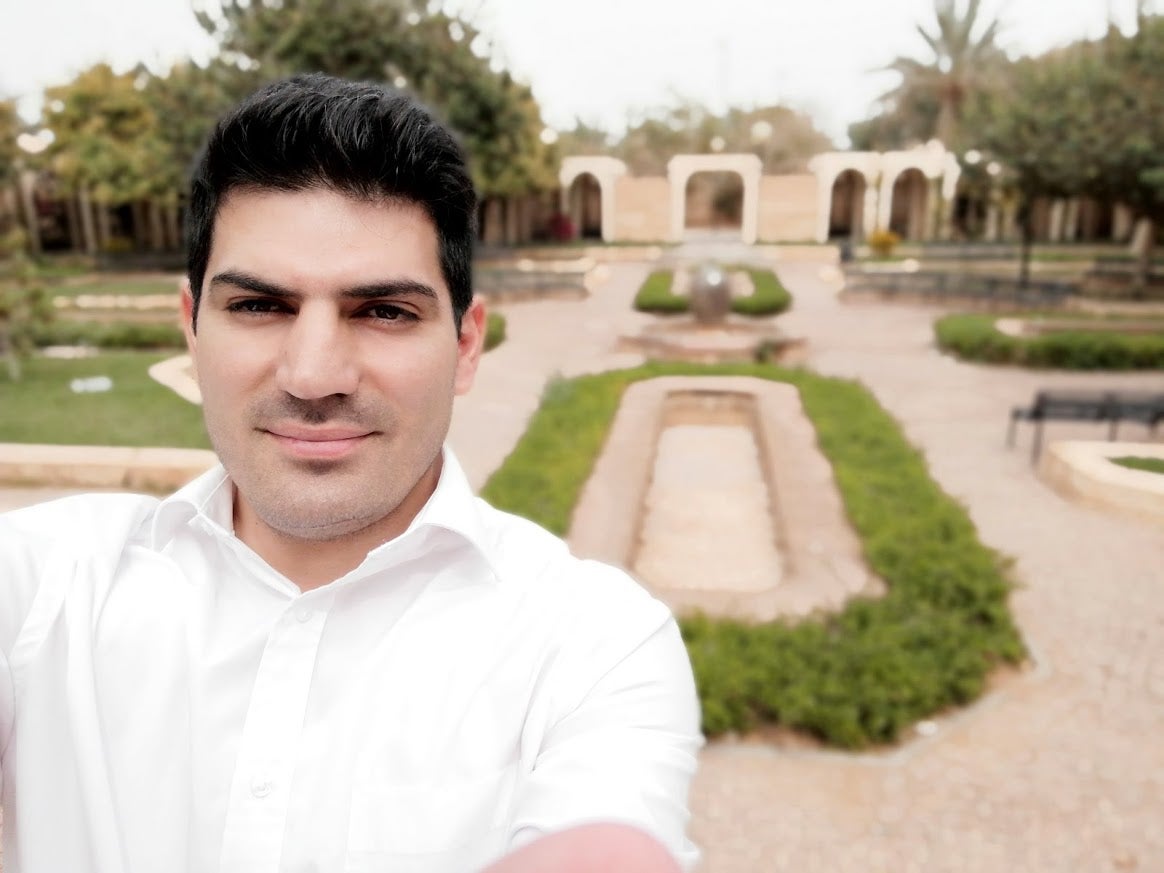
Durgham Darwazeh is a Ph.D. candidate in the Sustainability Management Program offered by the School of Environment, Enterprise and Development (SEED). Durgham holds an MES in Tourism Policy and Planning from the University of Waterloo and a BBA in Hospitality and Tourism Management. His years of academic and practical work in the hospitality industry — in various areas such as training and development, quality assurance, event management, and food safety — have led to a solid knowledge of and experience in the industry. In an effort to share that knowledge, Durgham recently established a website “www.sustainableglobe.ca”, the aim of which is to provide food establishments with the right tools and resources for implementing food safety management systems in the most effective and efficient ways possible.
The hospitality industry is considered one of the most significant revenue sources, generating a large impact on the gross domestic product (GDP) of a country. To this end, the United Nations has urged policymakers, investors, and operational managers to focus on the hospitality and tourism sector as the main thrust for achieving the SDGs. Durgham’s research interests are focused on hospitality and tourism activities as a means for achieving sustainability through strategies that motivate innovation and collaboration.
Currently, Durgham is working to establish a framework for hotels to include the SDGs within their operational strategy. Achieving this would help policymakers underline the value of the contribution that each hotel has to provide in order to achieve sustainability. Furthermore, the sustainability value of the hotel would encourage policymakers to develop an incentive package that might include such things as tax breaks, financial aid, or marketing campaigns. The incentive package would also increase competitiveness among hotels to integrate TBL sustainability into the hotel’s overall performance.
Durgham’s previous research entitled, “Medical tourism: establishing a sustainable medical facility” aims to develop an implementable framework for establishing a sustainable medical facility by adopting Hart and Milstein’s framework (Creating Sustainable Value, 2003). Achieving this goal would lay the foundations for a medical tourism facility that would respond well to the future demands of international patients and would remain competitive with other medical facilities in the global markets while also improving local quality-of-life and remaining within ecological constraints.